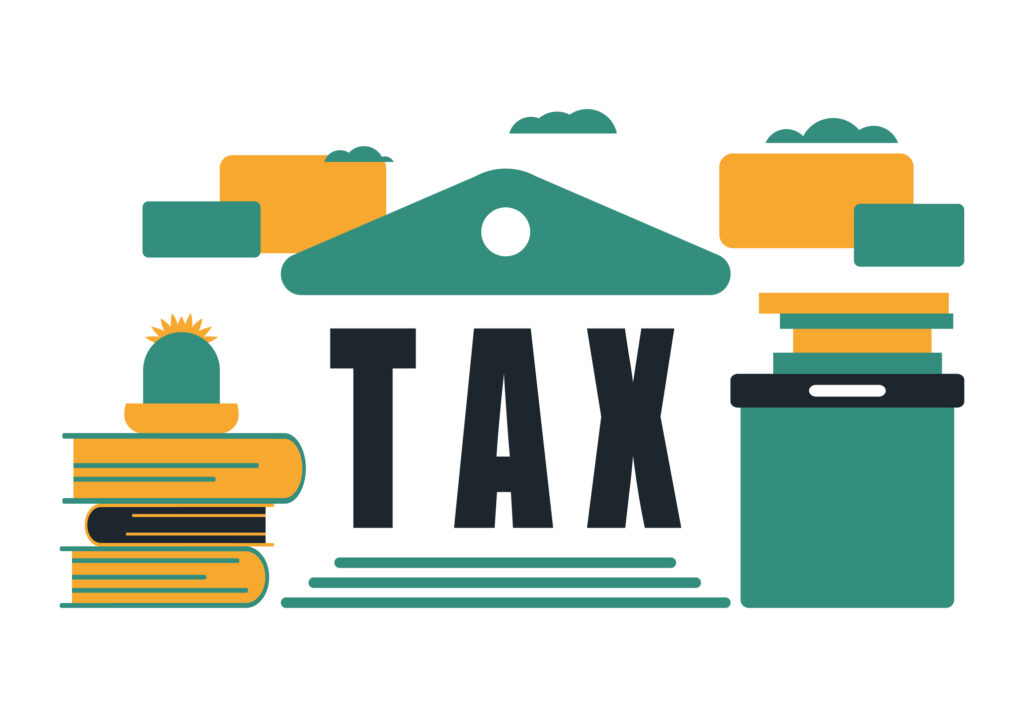At a field hearing in Chicago on March 2, members of the House Education and the Workforce Committee learned that education reforms in the Windy City have involved not only systemic changes to the city’s public schools, but also the creation of a greater choice of schools for parents, particularly in the form of charter schools.
The founder of the largest charter school operation in the city urged lawmakers to keep the federal role in education simple and encourage the development of a market-based system in education where consumers, not government, would hold schools accountable.
The hearing in Chicago, held at the Bucktown Campus of the Chicago International Charter School, was the third in a series the committee has conducted to learn directly from parents, teachers, school administrators, and others who are involved in reforms to improve education achievement. According to Committee Chairman John Boehner (R-Ohio), the hearings are also intended to help lay the foundations for President George W. Bush’s education reform plan, which has academic accountability at its center.
“We . . . are extremely proud of the systemic reforms that have become the hallmark of the Chicago Public Schools’ accomplishments,” said Paul G. Vallas, chief executive officer of Chicago’s school system. “We have reformed our system by establishing accountability measures, rigorous academic standards, and by embracing real viable school choice options for parents and children.”
Among the school choices embraced by Vallas, Mayor Richard M. Daley, and Board of Education President Gery Chico are magnet schools with different specialties, classical and gifted centers, International Baccalaureate programs, math and science academies, and two military academies. They also have embraced collaborative relationships with the private sector to provide more than 20 alternative high schools, many of which are privatized, plus college credit opportunities through a High School Voucher Plan. And they have embraced charter schools.
The largest of the city’s 14 charter school holders–and the largest in Illinois–is the Chicago Charter School Foundation, which oversees the operation of four campuses of the Chicago International Charter School through a unique agreement with the Chicago Board of Education. Established in 1997, the Foundation is an independent 501(c)(3) organization charged with assembling the resources and expertise to successfully operate a charter school. The Foundation’s four campuses currently serve 2,450 predominantly low-income students–70 percent African-American and 20 percent Hispanic–in grades K-12.
“In our agreement with the Board of Education, we have been given a number of critical freedoms, such as hiring and firing our own staff, determining our own curriculum, delivering our own special education services, and maintaining our own discipline and uniform policies,” testified entrepreneur-philanthropist James K. Murphy, founder and president of the Chicago Charter School Foundation. “These freedoms are imperative to the success of charter schools.”
With multiple campuses, the Foundation also has the freedom to partner with different education management companies–each bringing a different expertise and instructional model–to provide the best fit for the Foundation’s different sizes and types of schools. Currently, the Foundation contracts with Edison Schools, a public company that manages more than 100 schools across the country, and American Quality Schools, a Chicago-based nonprofit firm led by former Illinois State Education Superintendent and Northwestern University professor Michael Bakalis.
Under this arrangement, the Foundation is part of a three-pronged accountability system:
- Through the charter agreement and regular reporting, the Chicago Board of Education holds the Foundation accountable for meeting academic, financial, and operational performance standards.
- Through negotiated contracts and careful oversight, the Foundation holds the education management organizations accountable for offering students a high-quality education at each campus.
- Through their right to take their per-pupil funding elsewhere, parents hold all parties accountable for keeping them happy with their child’s education.
Although the undeveloped nature of the education marketplace makes these three levels of accountability necessary at present, this will change as market forces begin to work in K-12 education, explained Murphy. Families are discovering they have the freedom to make choices in education, parents are becoming better-informed and more-demanding consumers, schools are learning they must innovate and compete for students, and school-management companies are learning about economies of scale and how to bring technology into schools.
“As market forces expand in public education, parents will take an increasingly active role in holding schools accountable for performance,” said Murphy. “As consumerism rises, the government should reduce its role in accountability.”
Noble Street Charter High School principal Michael Milkie explained that the accountability provided by parental choice is beautiful in its simplicity because it boils the totality of all a school’s decisions down to a single imperative: “[I]f you don’t meet their needs, you will be history.”
Murphy urged the federal lawmakers to encourage the development of a market-based system, to have faith in the caregiver’s ability to make good choices, and to view the family unit as the key decision-maker in the education market. Rather than increase the legislation that restricts schools, he said, “free us up to be more flexible and innovative.”
“Keep it simple,” he advised. “Streamline the federal government’s role in education; don’t complicate it.”
For more information . . .
The complete text of testimony delivered at the March 2, 2001 Field Hearing of the U.S. House Committee on Education and the Workforce is available from the Committee’s Web site at http://edworkforce.house.gov/hearings/107th.




